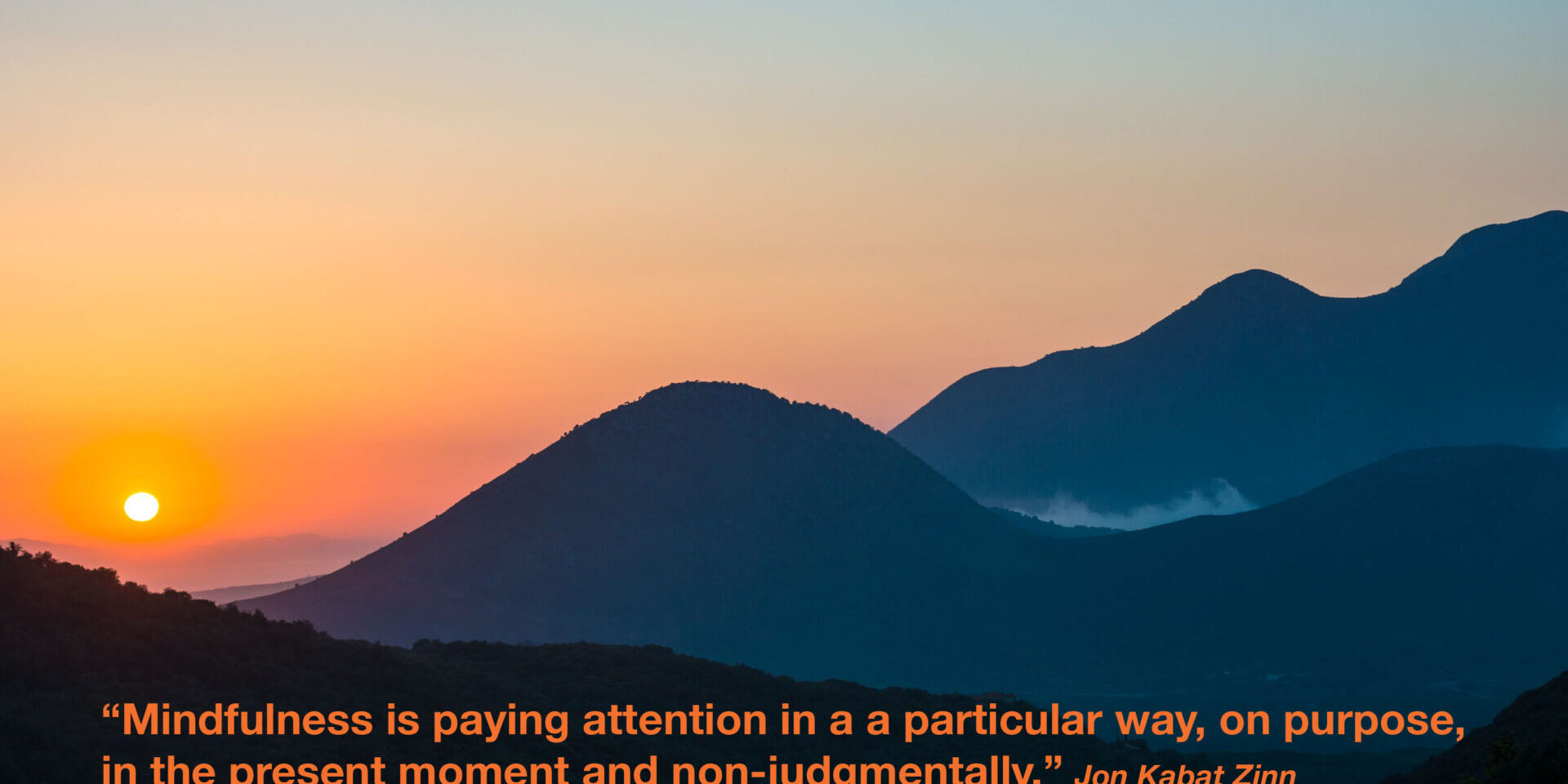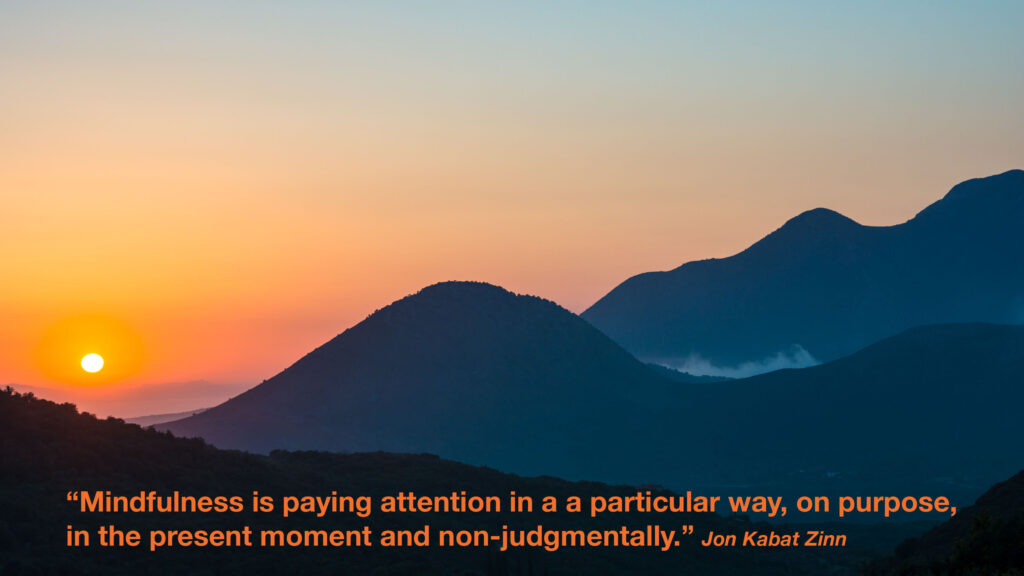Search Posts
Recent Posts
- Fun Stuff To Do When You Are Feeling Blah or Just Need Something New and Different? July 13, 2021
- Do you Have a Why?? July 1, 2021
- Black Health Rising!! June 28, 2021
- Namaste Right Here for Now November 29, 2020
- Mixed Leafy Green Vegetables November 28, 2020
Categories
Subscribe!
Thanks for subscribing! Please check your email for further instructions.


Namaste Right Here for Now

2020 has indeed been a year to remember, even if so many of us would prefer to forget it. So much has happened! However, no need to recap the gory details here. Suffice it to say that it has been a full 12 months. Now we are in the holiday celebration home stretch. The fall festivities are behind us. We are midstride to the winter high holidays, which seem to last right through Valentine’s day. Along with that, the days are getting shorter here in the northern hemisphere while the nights are getting longer. Pile that together with our lumpy political climate, a pervasive public health crisis, and other assorted social and economic challenges, and we have the makings of “I’d rather be sedated!”
Yes, all that is going on. It is true. However, rather than escaping from it, I want to invite you to lean into it. Experiment with paying close attention to what is happening in your life, in every moment, as it unfolds. As you attend to every moment, resist the habit of criticizing, applauding, or editing your experience. Just watch closely as the moments pass. You may experience a range of emotions like joy, humor, anger, upset, and boredom as you watch. The practice is to just keep watching.
This way of watching our lives moment by moment is a form of meditation called Mindfulness. One way we can practice Mindfulness is while we eat. When eating mindfully, we observe in such a way that we get the full sensory experience of the food—the sight, sound, smell, touch, taste of each momentous bite. Mindful moments can start with planning and shopping, continue with preparing and consuming food and end with elimination. I hope that doesn’t offend anyone; these are the moments of our lives, after all.
Mindfulness practice is well-studied, and the benefits are too numerous to list here. Thankfully, they are well documented. Here are a few to consider:
Improved quality of sleep
Research with older adults troubled by sleep disturbances found that a mindfulness practice provided measurable short-term sleep quality improvement. Researchers indicated that this improvement seems to lead to “reducing sleep-related daytime impairment that has implications for quality of life.”
Progress toward weight-loss goals
If you struggle with emotional eating, mindfulness meditation can effectively support weight-loss goals. A clinical study of overweight and obese women showed that mindfulness practice for stress-related eating helped stabilize weight among those who were obese. Researchers also noted that “these techniques may support weight maintenance efforts, and actual weight loss might occur for those participants who eat a high proportion of meals mindfully.”
A survey of American Psychological Association licensed psychologists conducted by Consumer Reports found that Mindfulness gave participants access to the impact of emotions on weight management, rather than limiting the focus to exercise, calorie control, or eating less.
A way to manage stress levels
As noted above, this year has been one for the record books. That’s code for “stressful!” Learning how to manage the effects of stress on the body and mind is critical to maintaining overall health and well-being. People who regularly practice Mindfulness know that focusing on the present without judgment can reduce stress and anxiety levels over time. In fact, a review of more than 40 clinical studies shows that mindfulness meditation programs facilitate “small improvements in stress/distress and the mental health component of health-related quality of life.”
Push back against negative feelings
Sitting for hours at a desk or computer is not recommended for our overall health and well-being, especially if we are immersed in social media. The recommendation to break our sedentary habits is well-documented in research. A study of college students’ daily activity patterns found less momentary negative affect from mindful movement. The study’s results indicate that building mindfulness practice into daily routines could lead to noticeable emotional health benefits.
Increase attention span
Researchers found that even just four days of meditation training can lead to an enhanced ability to sustain attention. Other meditation training benefits included improved working memory, increased executive functioning, and reduced anxiety and fatigue.
Manage chronic pain
Chronic pain dominates the lives of millions in America. Causes vary, but no matter what, unrelenting pain is a considerable burden for both the individual and society. Indeed, finding healthy ways of managing chronic pain is fertile ground for research. The Mindfulness-Based Stress Reduction Program (MBSR), developed by Jon Kabat-Zinn, is a modality that combines mindfulness meditation and yoga. MBSR leads to significant improvements in pain, anxiety, well-being, and ability to participate in daily activities.
Increase brain gray matter density
Along with the other benefits of mindfulness meditation practice, another unexpected finding is that it appears to increase gray matter in the brain. A controlled longitudinal study investigated pre- and post-changes to gray matter that could be attributed to participation in MBSR. Researchers found gray matter concentration increased in the left hippocampus, the posterior cingulate cortex, temporo-parietal junction, and cerebellum. These are the regions involved in memory and learning processes, regulation of emotion, and self-referential processing. The increase in density in these areas of the brain suggests that mindfulness meditation could be protective against certain dementia forms and emotional hi-jack.
In day-to-day life, Mindfulness Practice can lead to us being fully captivated by the gradual changes in the sky as the sun sets by 4:15pm. We might notice that we marvel at the smell of a pine tree in winter, or that our energy drops at the sight of a snowy driveway in need of shoveling. The point is catching the subtleties of the moments without judgment. Oh, and when we judge, because we will, don’t judge the judging! When we observe without judgment, we are taken by the simplicity and complexity before us. Slowing down enough to capture moments leads to a deep sense of acceptance and peace for many people.
Jon Kabat-Zinn, PhD, known for his work as a scientist, writer, and meditation teacher, put it this way: “Mindfulness is paying attention in a particular way, on purpose, in the present moment and non-judgmentally.” I will add that we can practice Mindfulness every moment that we are awake.
Even though 2020 has been one heck of a full year, we can appreciate it for all its richness. I encourage you to examine mindfully the fleeting seconds we have in our lives, even when they are difficult. Truly, the stressors hold secrets for us as they unfold. Practice watching them, this second, and this second, and this one. Take full account of these moments. They are really all we have. Don’t let them slip away unnoticed.
Namaste right here for now.
For more information on mindfulness exercises, practices, science, or benefits, please try these resources:
Jon Kabat-Zinn link: https://mbsrtraining.com/mindfulness-attitude-letting-go/
Thich Nat Han: https://www.lionsroar.com/mindful-living-thich-nhat-hanh-on-the-practice-of-mindfulness-march-2010/
Sharon Salzberg: https://www.nycnaturalawakenings.com/2020/07/24/291134/sharon-salzberg-on-mindfulness-simple-ways-to-be-in-the-present-moment
Eckhart Tolle and Jack Kornfield: https://www.youtube.com/watch?v=vkWhUx-NWKY&feature=youtu.be&fbclid=IwAR1lE35SNxmWdmWe3zjWG2_s1Z9GKb-kf461LFFMgKNfYtJDxbEfaXT-AHw

